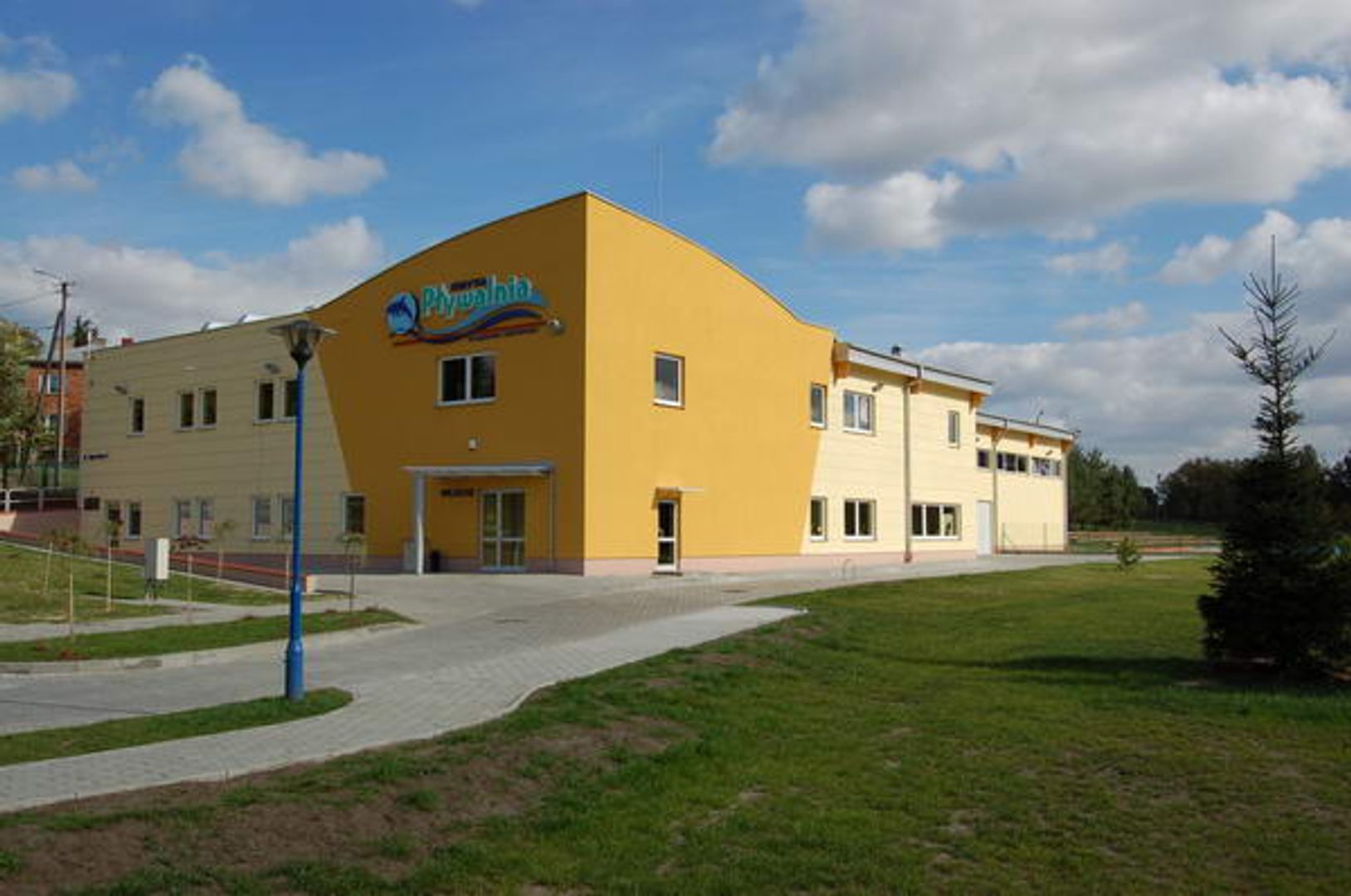Dąbrowa Tarnowska
6.5

Overview
Dąbrowa Tarnowska, a town in the Lesser Poland Voivodeship, boasts a rich history dating back to the late 14th century, when an organized settlement existed here. The owner of the village was the Ligęza family, who granted Dąbrowa German town rights in 1422. The town was a center of production and craft services, and Mikołaj Spytek Ligęza, the castellan of Sandomierz, built the parish church and a castle in the "palazzo in fortezza" style. The castle was converted into a brewery after the construction of a Baroque palace by Michał Lubomirski in the 18th century. In 1693, Dąbrowa obtained town rights, and by the 18th century, it had a well-developed economic infrastructure. The town suffered the greatest destruction during World War I and World War II. During the Nazi occupation, the Germans established a ghetto, which existed until 1942. Dąbrowa Tarnowska also delights with its diverse architecture, including historic churches, a synagogue, a palace complex, and other historical sites such as a war cemetery and a castle gate. The town is also home to museums, such as the Polonia Museum and the Museum of the Dąbrowskie Powiśle Region, as well as a Memorial Chamber of the Jews. The town fosters cultural development by organizing various events, including the Days of Dąbrowa Tarnowska and theater festivals. Transportation in Dąbrowa Tarnowska is supported by national and regional road networks, as well as a disused railway station. The town also features a Municipal Sports and Recreation Center, which offers a wide range of sports activities. Dąbrowa Tarnowska has a characteristic foothill climate, favorable for agriculture and orcharding, and its surroundings provide excellent conditions for outdoor sports. The town has numerous bicycle paths, promoting active recreation. Over years of development and transformation, Dąbrowa Tarnowska has gained the status of an important center, and international partnerships, for example with Ukraine and Lithuania, broaden the horizons of cultural and social cooperation. Dąbrowa Tarnowska is also home to various religious communities, including a Roman Catholic parish and a Jehovah's Witnesses congregation. Despite its difficult history, the town continues to develop, drawing on its rich cultural and historical heritage.
Location
2026 Wizytor | All Rights Reserved


